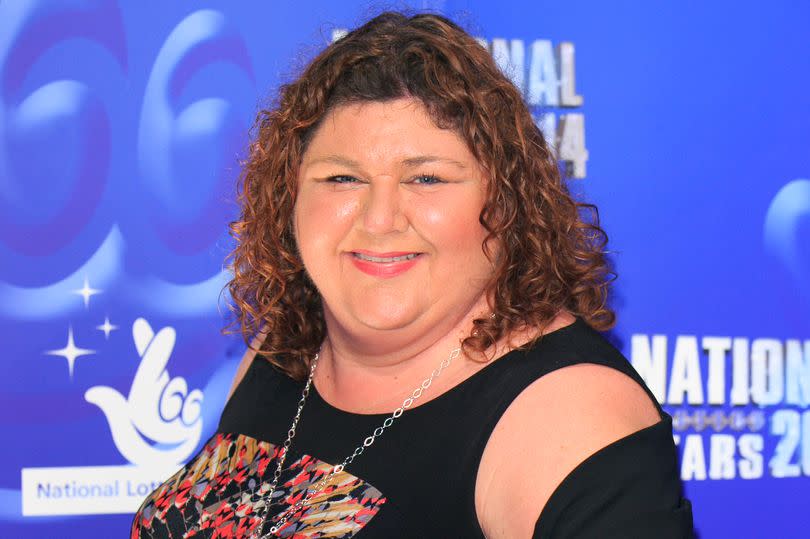Symptoms of womb cancer after former EastEnders star Cheryl Fergison's diagnosis

Former EastEnders star Cheryl Fergison has revealed she had treatment for womb cancer.
The 58-year-old, who played Heather Trott on the BBC soap from 2007 until 2012, has spoken about her experience of being diagnosed in 2015 in a new interview. The actress also discussed the challenges of undergoing a hysterectomy and experiencing early onset menopause due to the treatment before she got the all-clear.
Cheryl told OK! Magazine that she visited her GP after she began spotting blood and having backache, which led to her being referred for further tests and a biopsy. She later received a stage two cancer diagnosis which she said was an "absolute shock". The actress had a full hysterectomy and a course of radiotherapy.
The NHS says it's important to get any symptoms of womb cancer checked as soon as possible. Finding it earlier makes it easier to treat.
It adds: "It's most common in women who've been through menopause. Most womb cancer usually starts in the lining of the womb (endometrium), this is also known as endometrial cancer. How serious the womb cancer is depends on how big it is, if it has spread and your general health."
Symptoms of womb cancer
Main symptoms of womb cancer can include:
bleeding or spotting from the vagina after the menopause
heavy periods that are unusual for you
bleeding between your periods
a change to your vaginal discharge
Other symptoms can include:
a lump or swelling in your tummy or between your hip bones (pelvis)
pain in your lower back or between your hip bones (pelvis)
pain during sex
blood in your pee
The NHS adds: "See a GP if you have any symptoms of womb cancer. Try not to be embarrassed, the doctor or nurse will be used to talking about these kinds of symptoms.
"These symptoms are common and can be caused by many different conditions. Having them does not definitely mean you have womb cancer. But it's important to get the symptoms checked by a GP."
You can find more advice on the NHS website here. There is also information about what happens at your GP appointment if you contact them.

 Yahoo News
Yahoo News 
